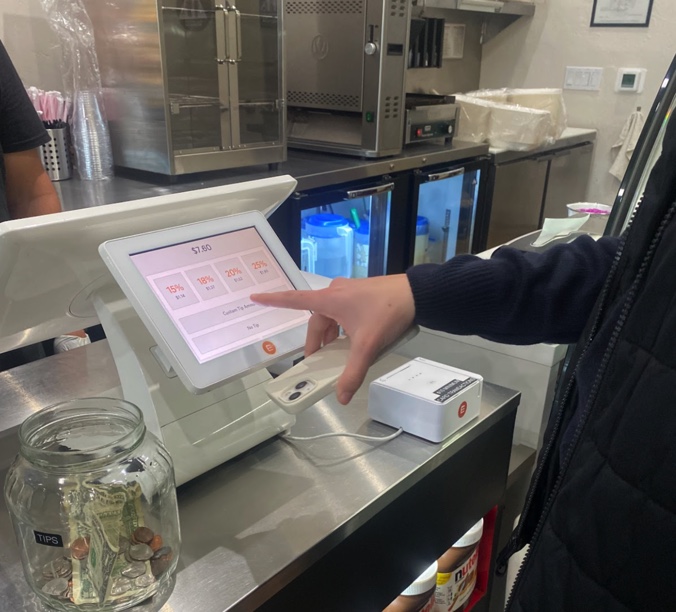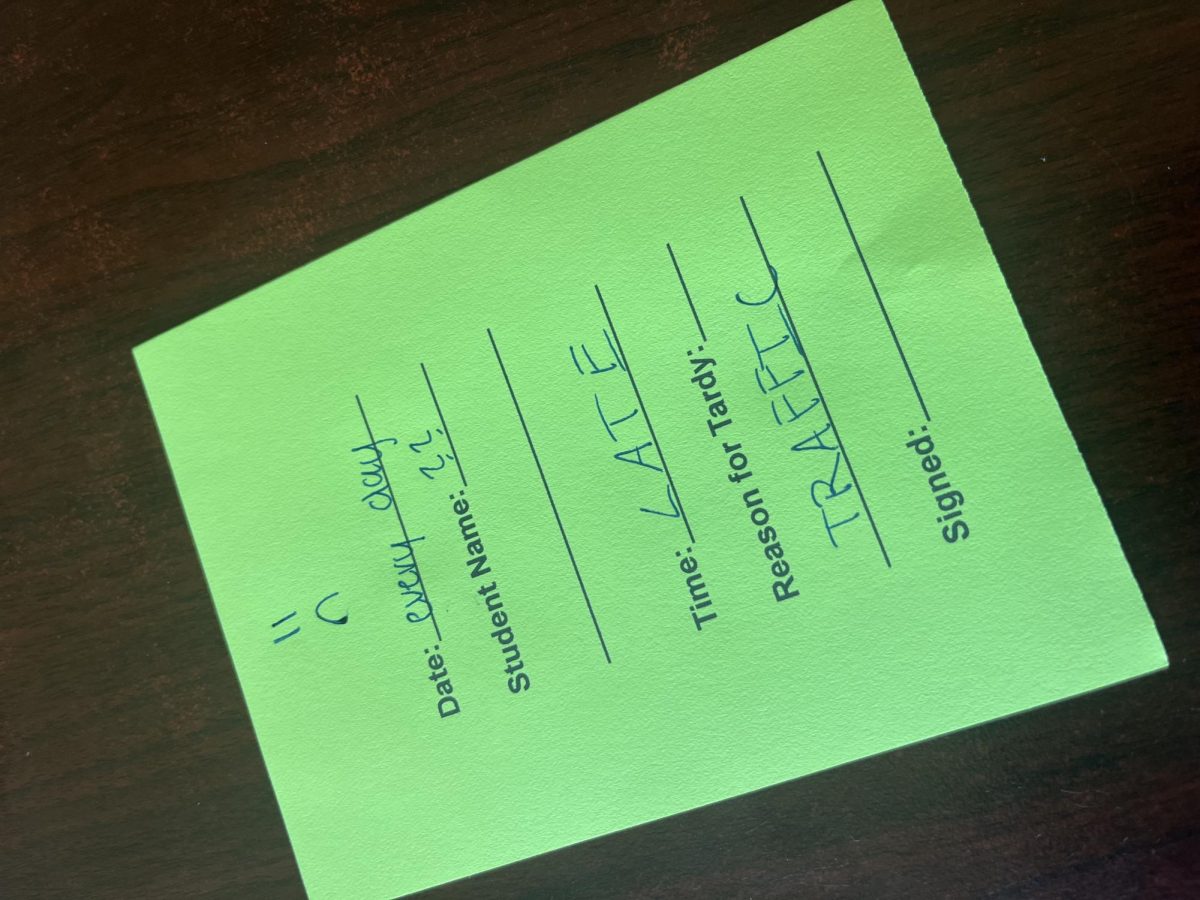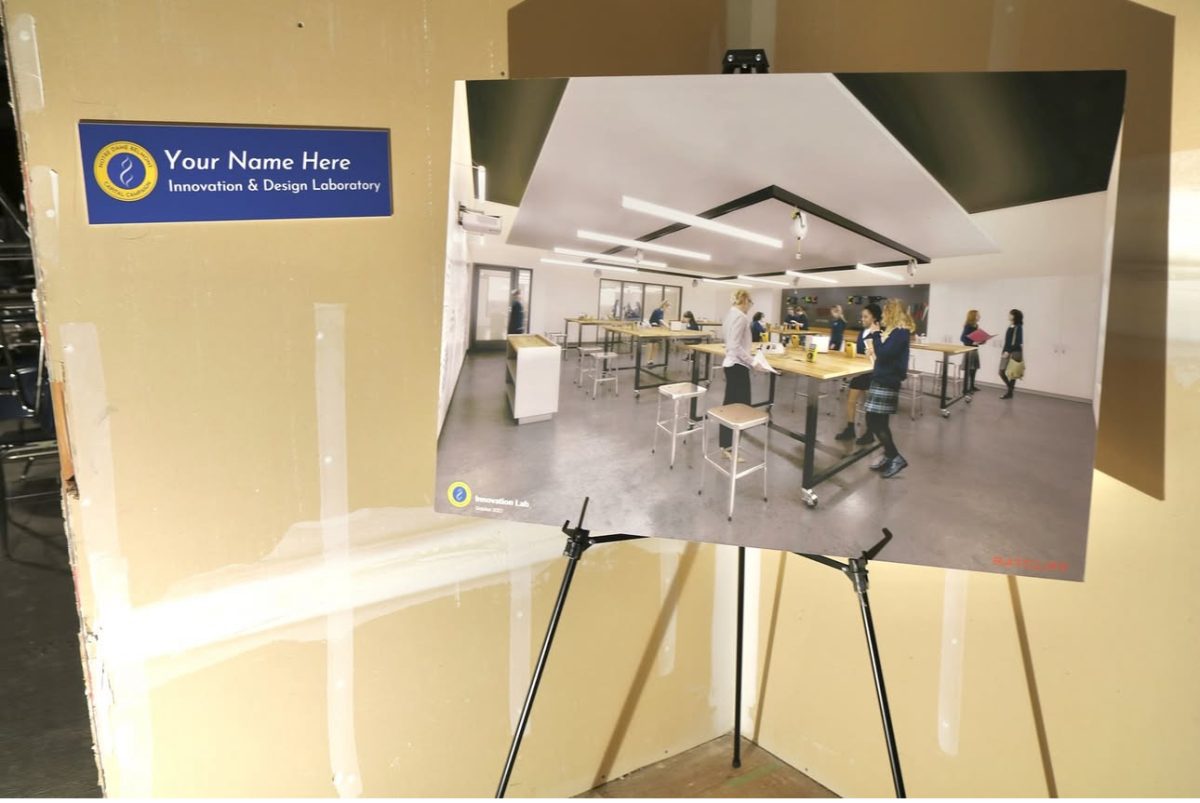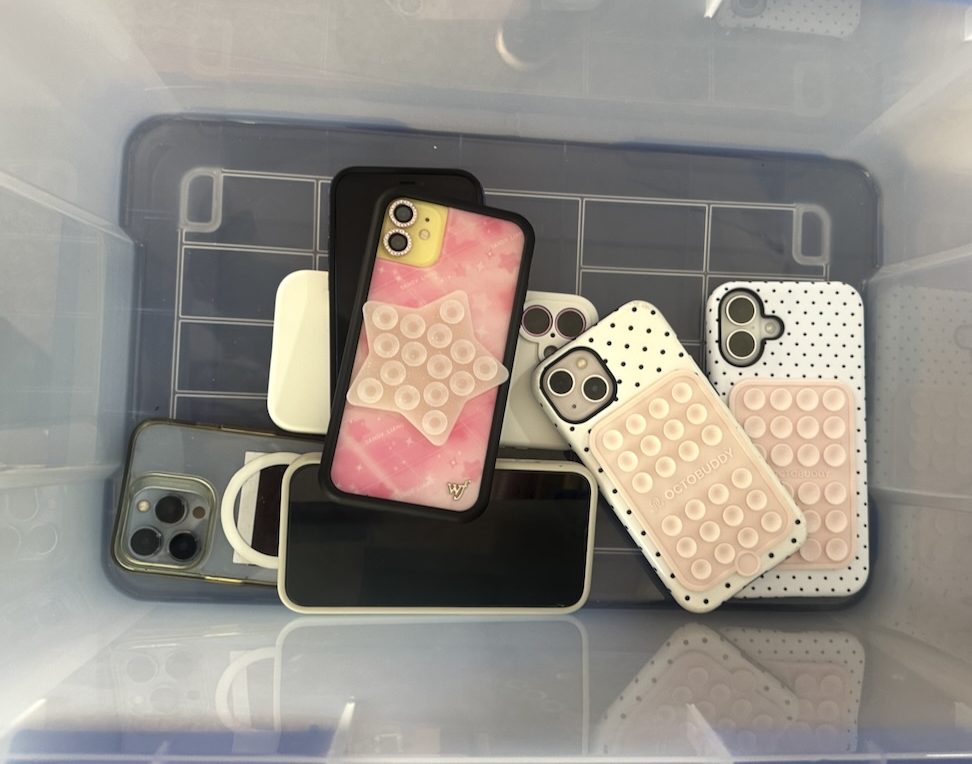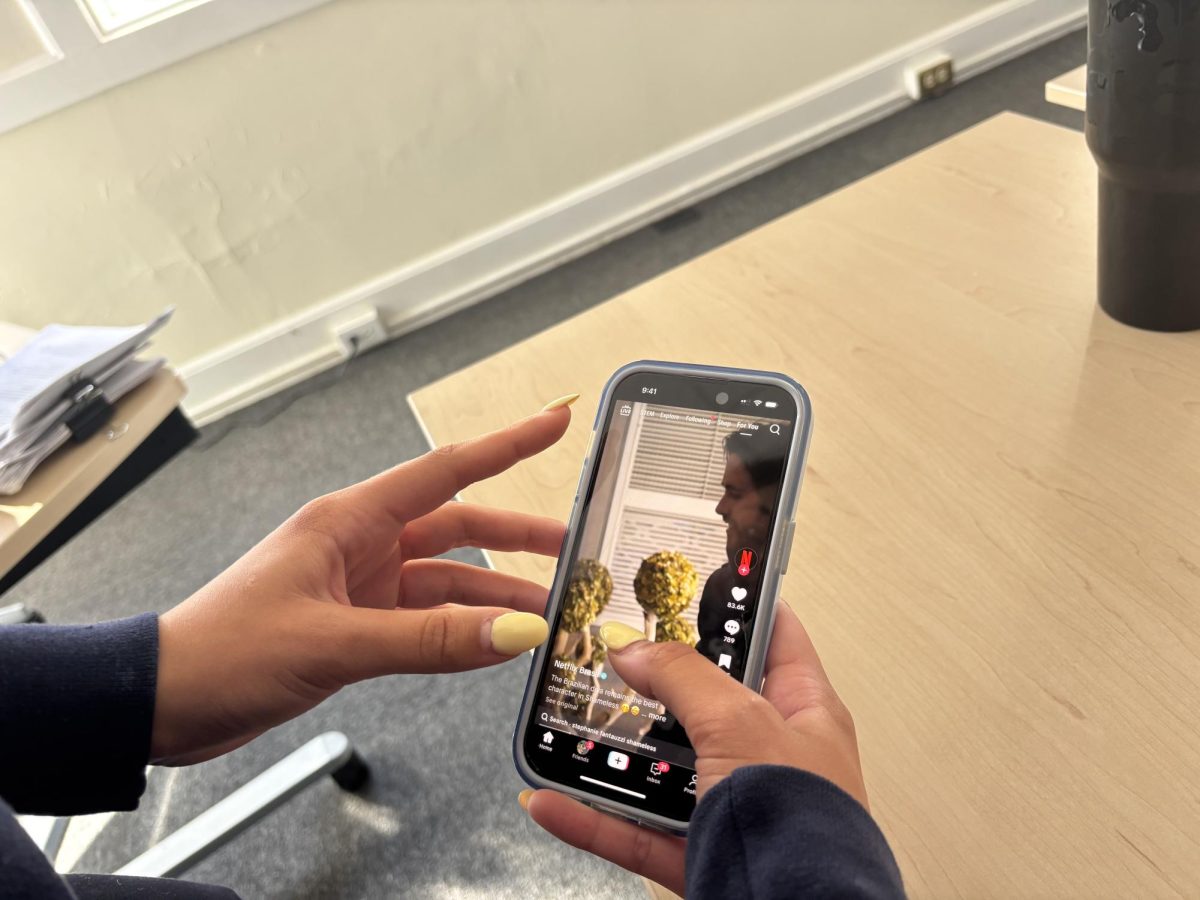Tipping culture is something that has recently gotten out of hand. Leaving a tip at a fast food joint or restaurant is meant to be a token of appreciation given to an employee for their service. This could mean tipping a waiter or waitress for being attentive and helpful during a meal at a restaurant, or a staff member for their efficiency in taking and or making an order. However, tipping has become an expected addition to a cost that is given more out of guilt, rather than gratitude.
With the increase in new technologies, restaurant employees may do less work, but customers are expected to tip just as much. For example, someone could go out to eat with the belief that they will have a nice sit-down experience, but then are met with a QR code on their table that they scan to, not only access the menu, but also to order food off of their phone. This eliminates the need for a traditional waiter who does things, such as taking orders and refilling drinks. People could go to a restaurant, not interact with any staff member and still be expected to leave a tip as if they were helped throughout their whole meal.
Many counter service restaurants have one person who takes orders on an iPad that is then turned around to the customer to leave a tip of their choosing. This adds a sense of pressure to the amount they are going to tip. While the employee did not do anything but tap a few buttons on a screen, customers are being watched and expected to leave a tip. In some cases, restaurants ask customers how much they would like to tip, not given a choice to opt out, but the general 15 to 20%.
At a certain frozen yogurt shop, customers have the luxury to fill their own cup with whatever flavor and amount they want. However, once they get through the line of toppings and up to the counter to pay, they are met with a screen of how much they would like to tip. But, the customer did everything themselves. What reason should there be to tip?
Tipping should be reserved for restaurants where the staff does their best to ensure that guests have a good experience. It should not be a societal standard that is set at any place serving food or drink.
My experience in the food industry is that a tip is not guaranteed. You can offer customers the best experience and still not be left a single dollar. I worked as a waitress at a country club over the summer, and members paid their checks through a tab. This meant that everything was charged through a computer, and there was no credit card that needed to be pulled out. This simple way of paying also meant that guests were not expected to leave tips. I served many tables and helped families throughout their entire meals and never once received a tip.
If you are not expected to leave a tip simply because you did not need to give your credit card, why should you have to at a place where you do virtually everything yourself?
Tipping is something that should be reserved for hard-working employees. For example, when one goes to a restaurant and is helped by a waiter or waitress who asks if there is anything else needed, it makes the customer want to leave a tip. Being neglected by staff has the opposite effect and makes it very appealing to press the “no tip” option. If tipping is something that is used to show appreciation for the work that someone does, it should not be expected every time food is ordered from somewhere.

